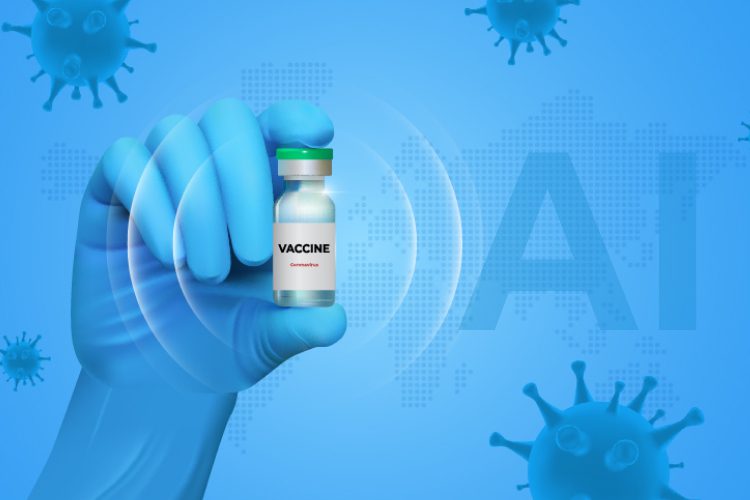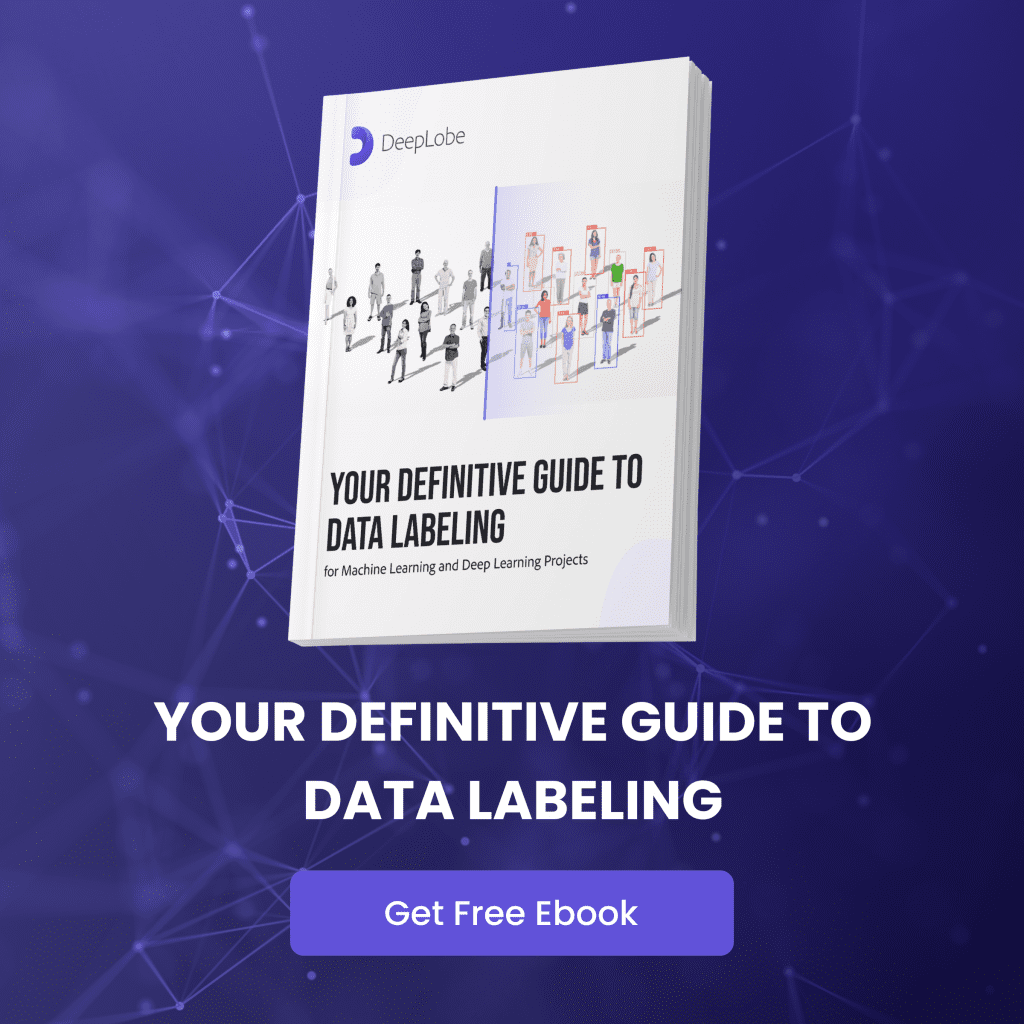
DeepLobeApril 20, 2021Artificial Intelligence , Healthcare , Machine Learning
AI (artificial intelligence) has been a vital practice since the early days of the COVID-19. Tracking active patients count, analyzing thousands of scientific research papers for definitive treatment options, and in vaccine development processes AI has been widely used. The application of next-generation technology frameworks and digital tools not only helped in fastening healthcare operational excellence during the pandemic and now it is also being used to manage complex supply chains architecture for the vaccine rollout.
The rapid development and distribution of vaccines around the world have been far from today’s reality. Healthcare supply chains across the globe are extremely complex and not particularly amenable to quick distribution at scale. AI models are flexible enough to work effectively in complex scenario planning and hypothesis testing to rapidly adapt to new information based on the best available evidence.
In this article, we will see how healthcare and pharmaceutical companies can use AI approaches and strategies to make strategic decisions and help governments in increasing the speed of the COVID-19 vaccine rollout.
Role of AI in COVID Vaccine Rollout
For a diverse and highly populated nation like India, vaccine rollout is nothing short of a logistical nightmare. India has been administering a two-dose vaccine to 1.3 billion through a COVID Vaccine Intelligence Network (Co-WIN). The platform is indigenously built by experts and stakeholders from the larger healthcare community professionals to highlight the limitations in the current intelligence network. With cloud assistance and location-based intelligence service, the Co-WIN application is mitigating the complex supply chain challenges.
The pharmaceutical giants like Pfizer and Moderna are leveraging cutting-edge science and smart manufacturing infrastructure for the rapid development of vaccines. However, the decisions about the vaccine rollout vary from nation to nation, and many governments are prioritizing the vaccination to those with high-risk conditions. Using machine learning models to identify individuals at greater risk of having severe COVID-19 outcomes is time-saving and helps healthcare providers to deliver efficacy capabilities.
Know The Prominence of AI in Effective Vaccine Rollout
The procurement, delivery logistics, tracing, and storage are the potential risk factors and thus begins the exploration of the role of AI in supply chain management at the beginning for many pharmaceutical companies. Let us discover how healthcare providers can harness the potential of AI by mitigating these risks from the beginning for effective vaccine delivery.
Triage and impact modeling
AI technology is helping out healthcare units and pharmaceutical companies to trace and figure out the needy from the population group who quickly needs to be vaccinated by analyzing a few factors like patient outcomes during clinical trials based on their demographic information and medical history.
Demand forecasting
Forecasting and prioritizing areas where the vaccine needs to be shipped at the right time to help the right group of population to be vaccinated for better patient outcomes. AI data analytical techniques not only help in better planning of supply strategies but also to achieve operational efficiency.
Ensures continuous supply
AI systems monitor the production of the doses and delivery network to avoid bottlenecks in the supply chain. Transparency in supply chain performance allows real-time visibility of autonomous supply operations to allocate materials and deliver products.
Conversational AI tools
Conversation AI tools like chatbots, auto responsive systems, personalized messaging applications make AI a better communication tool to address a large group of populations. Targeted messages help healthcare providers to connect with needy cities or rural networks to promote and motivate low-income communities in taking the vaccination. And personalized guidance helps citizens access the vaccine either by phone call, website, or text.
Incisive decision making
The distribution and management of the vaccination supply chain is mountainous work for healthcare professionals and mostly the vaccine distribution processes can be effectively managed on a macro-level. AI systems can carry out data extraction processes by analyzing hundreds of inputs including hospital utilization mobility data, current infection metrics, and patient demographics, etc. So leveraging AI algorithms can help healthcare workers in making incisive decisions on a smaller scale by better allocating the decisions within the state, locations, and subpopulations.
EHR management
Embracing AI is enhancing multiple EHR or pharmacy systems to ensure information about the vaccine reporting process is secured and can be accessible in real-time for effective decisions. It allows for less human monitoring and sinks the data at one place for effective operations.
Next-gen applications of machine vision and AI can track medical progress and patient health metrics more precisely to avoid data violations and inform the relevant authorities for effective health outcomes.
Post-vaccination supervision
AI can track issues such as ethnicity, gender, age, and other demographic factors that can affect doses. There might be some post adverse side effects from the trial; machine vision and AI watch out for the signs in real-time through detecting and monitoring anomalies in patient health conditions and help in taking necessary precautions.
Agile and multitasking AI models can handle thousands of variations in data and recognize patterns or relationships among distinct factors rapidly which may take a longer time for humans to do so.
For many organizations emerging from the COVID crisis, AI is becoming an increasingly important part of their digital strategy. And now AI applications for building optimized and technologically advanced supply chain management strategies are demonstrating its full potential for COVID-19 vaccine rollout. Even though some companies are stressing the need for caution for using AI in vaccine allocation, 33% of businesses involved in vaccine logistics have proven that AI and machine learning applications will create a great difference in vaccine distribution.
Sources: Forbes and Healthcare IT News
